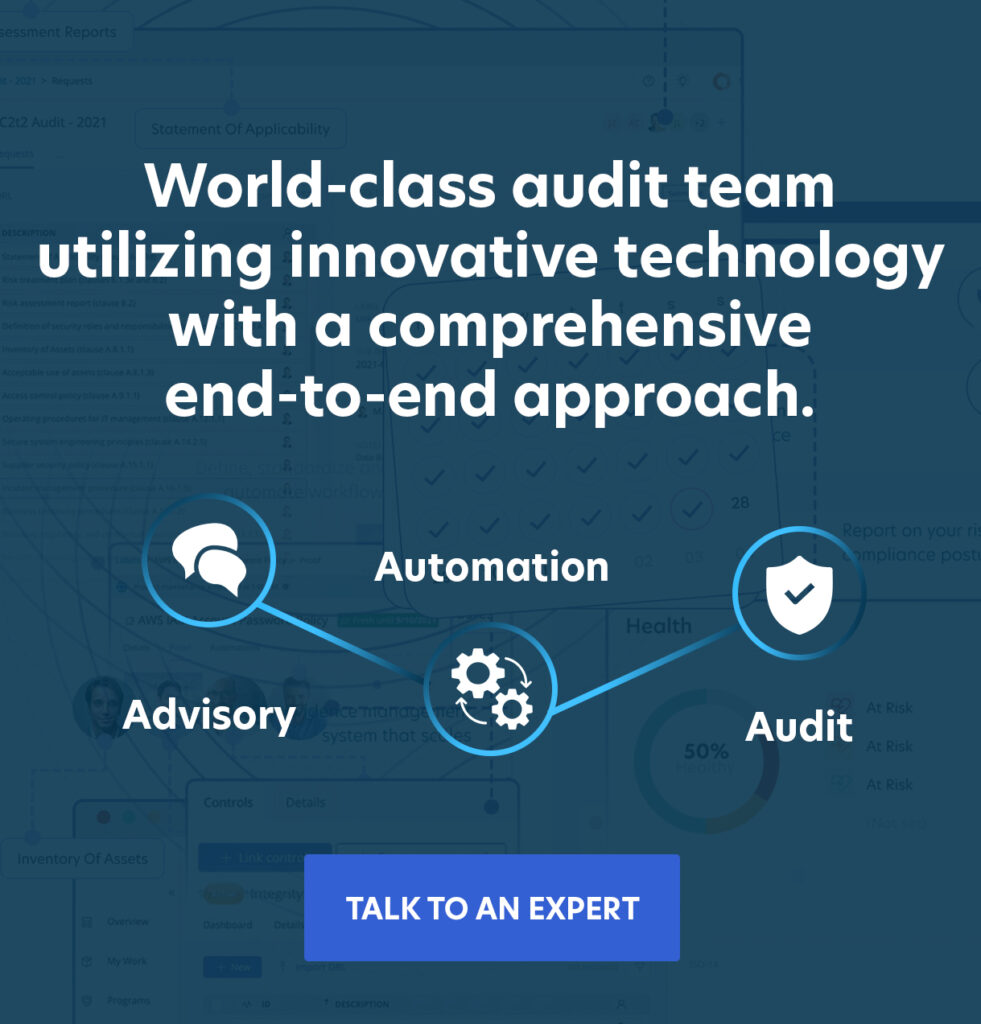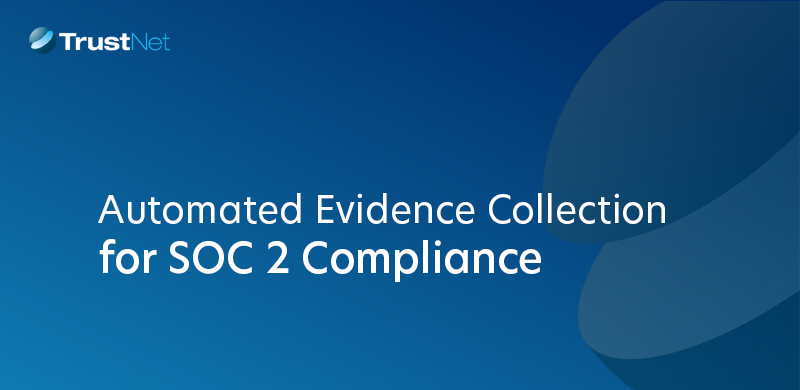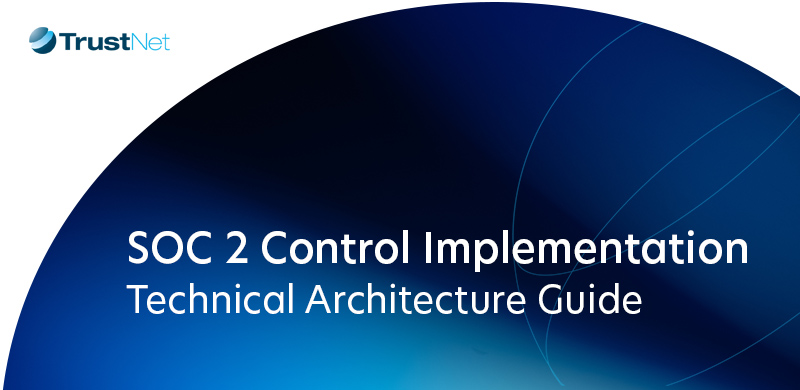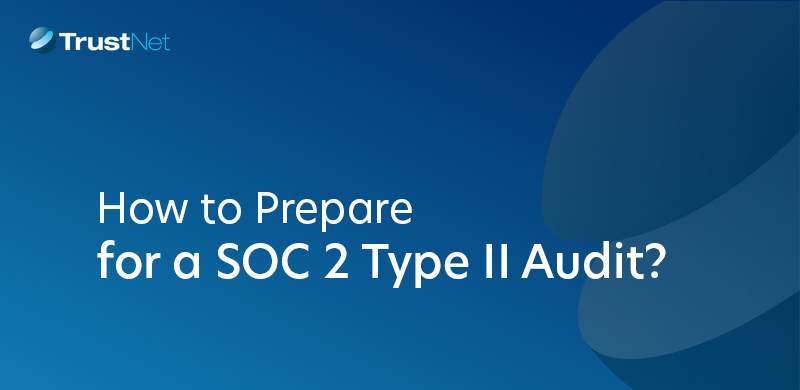
Jan 29, 2020 | Blog, Compliance, ISO 27001
Blog ISO 27001 Risk Assessment Methodology ISO 27001 Risk Assessment Methodology Conducting an internal ISO 27001 audit enables you to assess your company’s security equipment, systems, protocols and procedures to ensure that they are in compliance with industry...
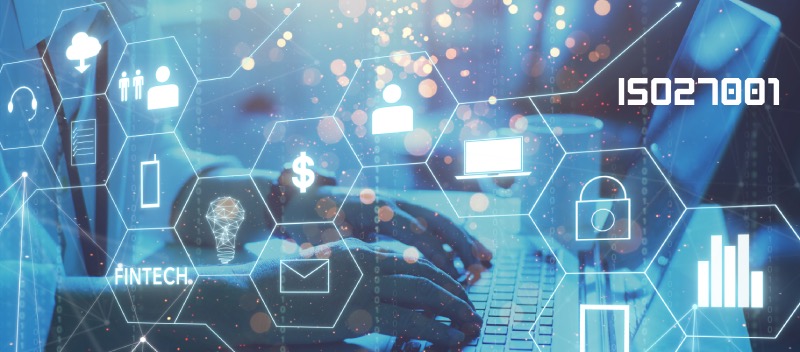
Jan 29, 2020 | Blog, Compliance, ISO 27001
Blog How to Conduct an Internal ISO 27001 Audit How to Conduct an Internal ISO 27001 Audit In order for your information security management system (ISMS) to be viable, you must periodically receive an internal, independent audit that shows how it is meeting the...

Jan 3, 2020 | Blog, PCI DSS Compliance
Blog Decoding PCI DSS Merchant Levels: A Guide to Compliance Decoding PCI DSS Merchant Levels: A Guide to Compliance For one to ensure that payment card information remains secure, it’s crucial that you understand the PCI DSS merchant levels. Classified under these...

Dec 27, 2019 | Blog, PCI DSS Compliance
When customers’ sensitive information is stolen during a data breach, the financial and resource costs to those buyers as well as to the retail merchants involved can be significant. In an effort to protect customer information during the payment transaction process,...
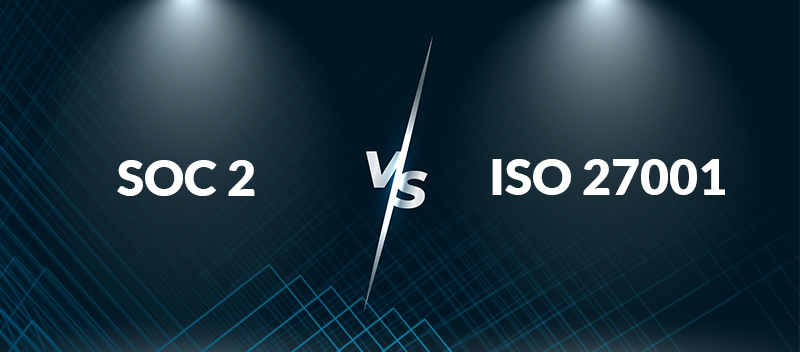
Dec 27, 2019 | Blog, ISO 27001, SOC, SOC 2
Blog SOC 2 vs. ISO 27001: Key Differences SOC 2 vs. ISO 27001: Key Differences Deciding between SOC 2 and ISO 27001 certifications can be like choosing the correct key for a specific lock. One focuses on managing how service providers handle customer data, while the...

Nov 14, 2019 | Blog, PCI DSS Compliance
Data security is one of the highest priorities for modern businesses. Recognizing this critical need, the five major credit card companies formed the Payment Card Industry Security Standards Council (PCI SSC). In due course, that consortium devised the new Payment...
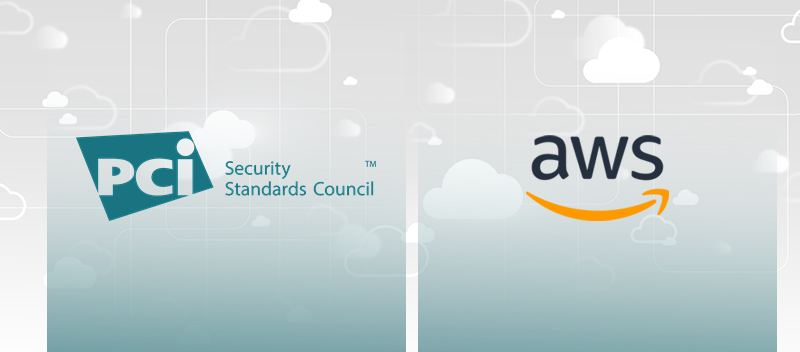
Nov 7, 2019 | Blog, PCI DSS Compliance
Blog What is AWS PCI Compliance? What is AWS PCI Compliance? If your business handles payment card data, you need to be familiar with PCI DSS compliance. But what exactly is this standard, and why is it so important? The Payment Card Industry Data Security Standard...
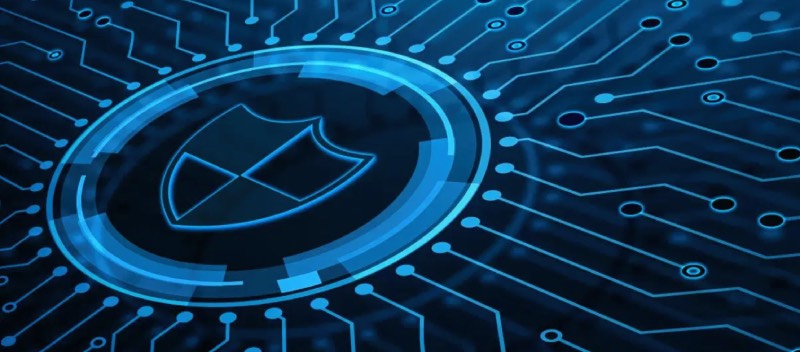
Nov 7, 2019 | Blog, Compliance, SOC, SOC 1, SOC 2
Blog SOC 1 vs SOC 2 SOC 1 vs SOC 2 When it comes to keeping your organization’s data secure and compliant, understanding SOC reports is a must. SOC 1 and SOC 2 might sound like technical jargon, but they’re actually quite important for financial reporting and data...

Nov 7, 2019 | Blog, Compliance, SOC, SOC 1
Blog SOC 1 Audit Checklist SOC 1 Audit Checklist Third-party companies hired to transmit, hold or store the cardholder data of a business’s customers have a grave responsibility. In this age of viruses, ransomware, and data breaches, all service organizations...














